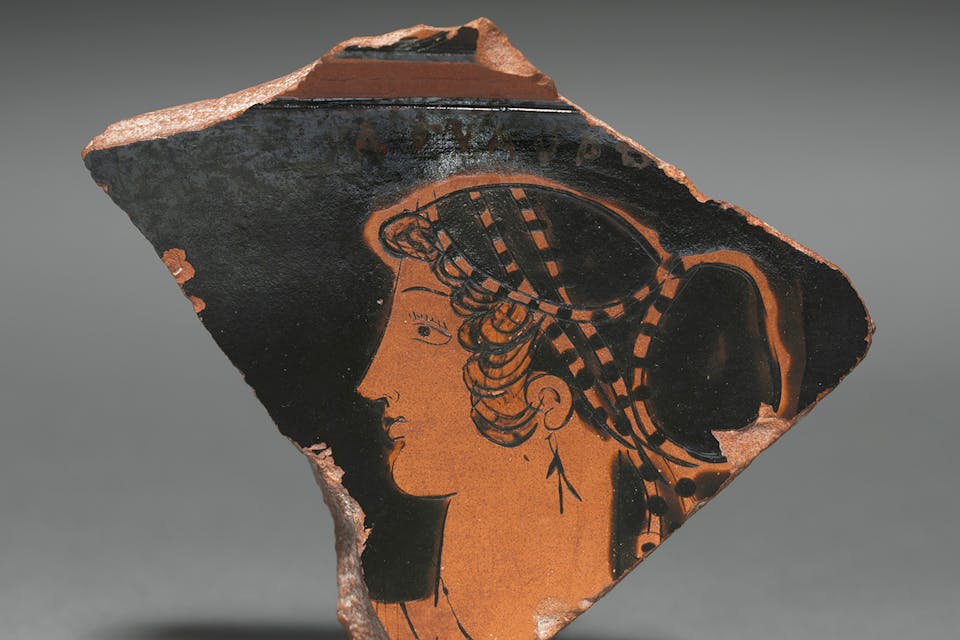
February 10, 2022
Sex and the Ancient City
The Hebrew Bible and the Odyssey are both preoccupied by the moral and political consequences of ungoverned sexuality and aggression.
This essay is the second in a six-part series by Jacob Howland on Homer and the Hebrew Bible. Historians of Western intellectual culture sometimes compare “Jerusalem,” or the biblical traditions that erupt into history at Sinai, with “Athens,” the city where Socrates, Plato, and Aristotle sought human wisdom through the exercise of the human mind. In this series, Howland invites a different comparison. Rather than comparing later prophets to philosophers, he looks back at yet earlier cultural cornerstones set at the very foundations of Hebraic and Greek civilizations. Future installments in Howland’s series will arrive monthly. —The Editors
Homer’s Iliad and Odyssey, composed around 700 BCE, explore fundamental tensions and conflicts internal to the Mycenaean civilization of roughly 1600-1100 BCE, a period known as the late Bronze Age. These conflicts—between the natures of men and women, the concerns of husbands and wives, the hopes of fathers and sons, the interests of rulers and ruled, the plans of mortals and immortals—are features of every human society. Brought into balance by law and custom, they constitute something like the ribbed backbone of Western civilization. They are especially visible in the tough, lean forms of archaic Hellenism and Hebraism.
Mycenaean civilization is named after the megalithic remains of Agamemnon’s palace in Mycenae, a military stronghold in the Argolid region of Greece. The area’s small, independent communities were formed around such palatial structures and ruled by kings who commanded their own tribal armies. The Homeric heroes who crossed the Aegean Sea to Troy were Mycenaean royalty, each bringing between three and ninety shiploads of warriors to accompany Agamemnon with his own one-hundred ships.